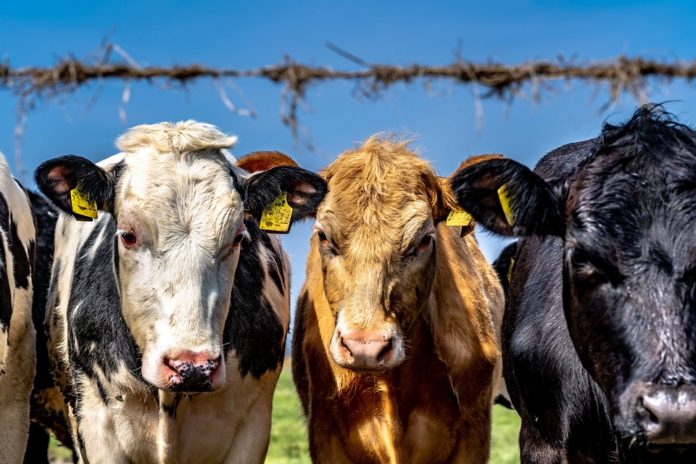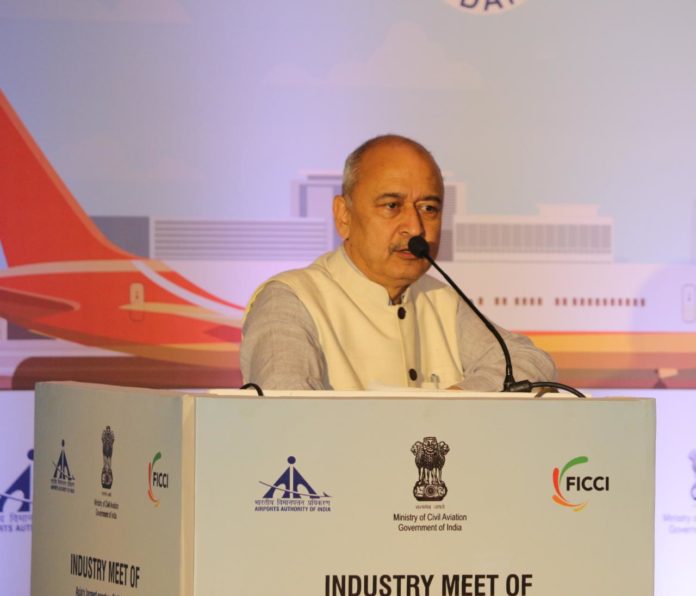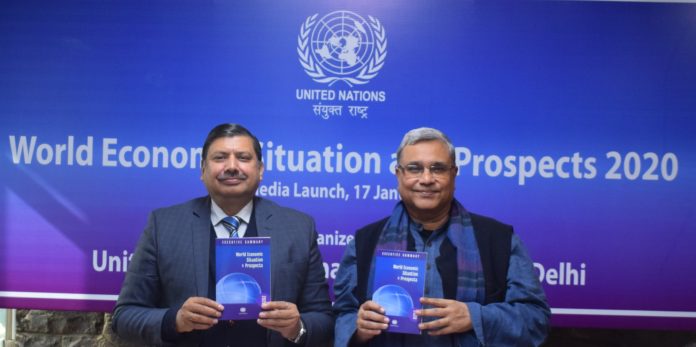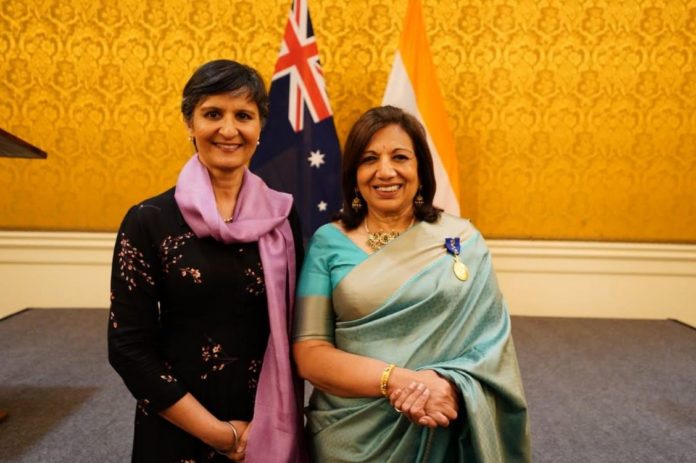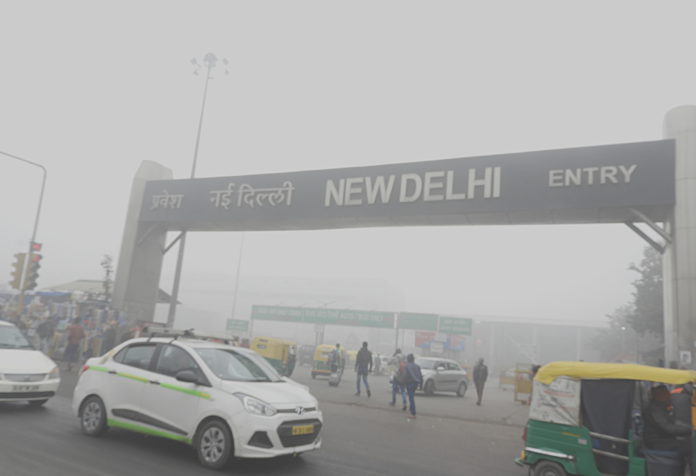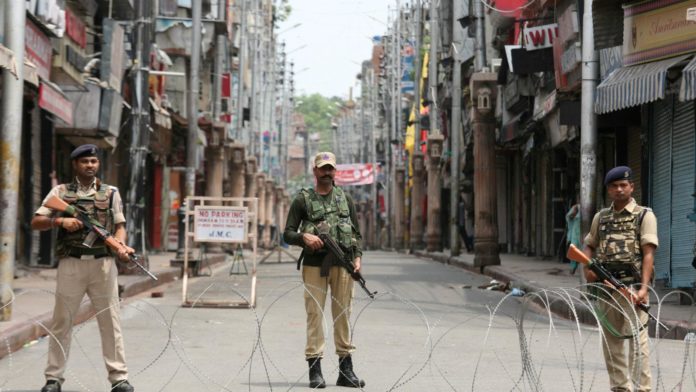New Delhi (NVI): Cows can ‘talk’ to each other about how they feel, through their moos, according to a new study.
The animals have individual vocal characteristics and change their pitch depending on their emotions, according to research by the University of Sydney. The study was done by a PhD student from the School of Life and Environmental Sciences, Alexandra Green.
Alexandra Green, the study’s lead author, said, “Cows are gregarious, social animals. In one sense it isn’t surprising they assert their individual identity throughout their life.”
The study recorded 333 samples of cow grunts and moos and analysed them using acoustic analysis programs with assistance from colleagues in France and Italy.
It found that cows use individual voices to keep in contact with the herd and express emotions like excitement and distress.
Cows ‘talk’ to one another and retain individual identity through their lowing.
The study was done on a herd of 18 Holstein-Friesian heifers over five months.
Talking about the animals she studied, Green also said, “They have all got very distinct voices. Even without looking at them in the herd, I can tell which one is making a noise just based on her voice.”
It was known previously that mother cows and their calves communicate, but this is the first time that a study has suggested the cows keep these individual voices throughout their life.
It also found the animals studied would speak to each other during their sexually active period, while waiting for or denied food and when kept separate from the group.
The research concludes that farmers should integrate the knowledge of individual cow voices into their daily farming practices.

